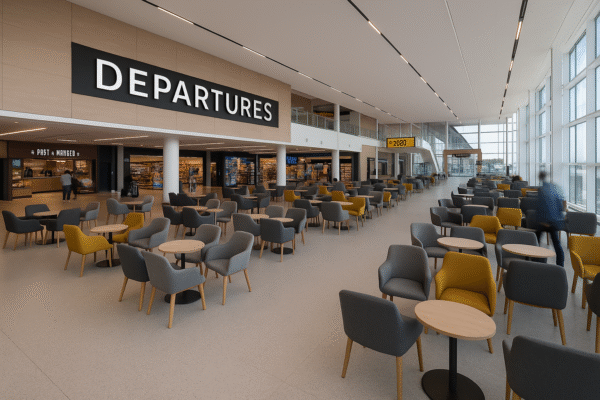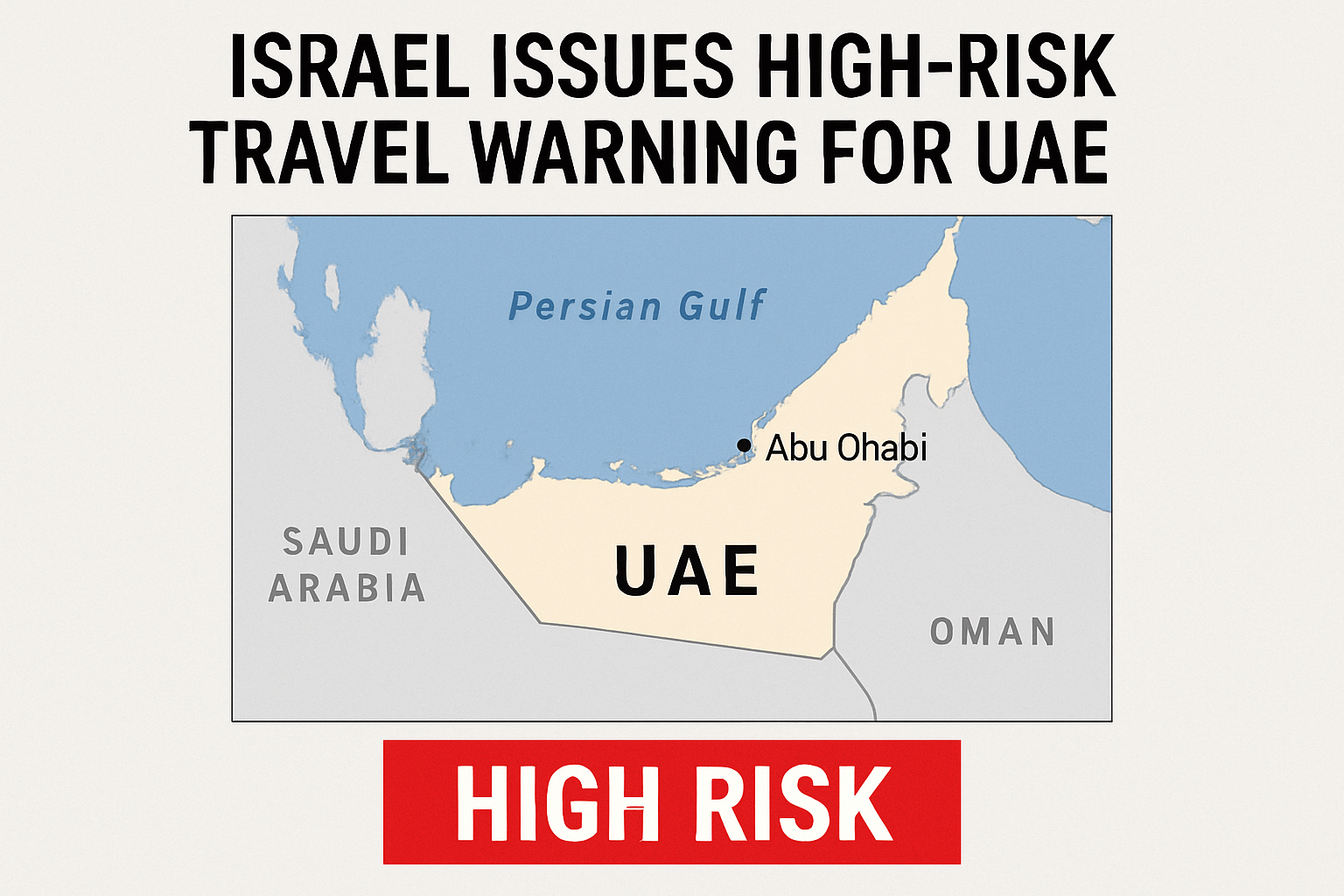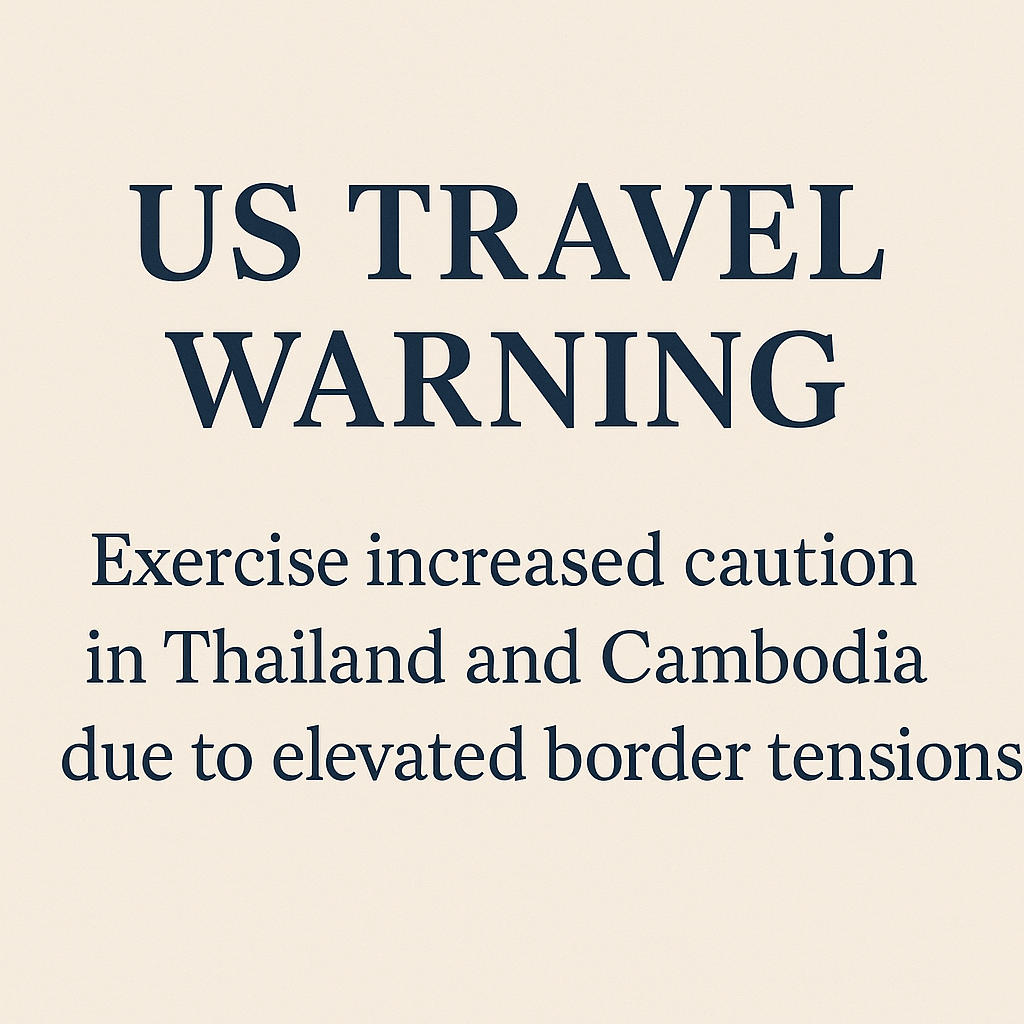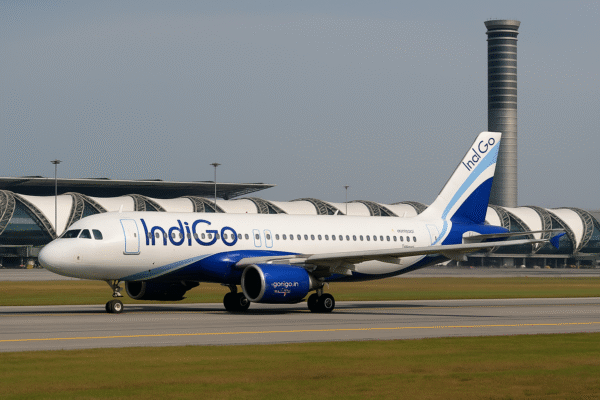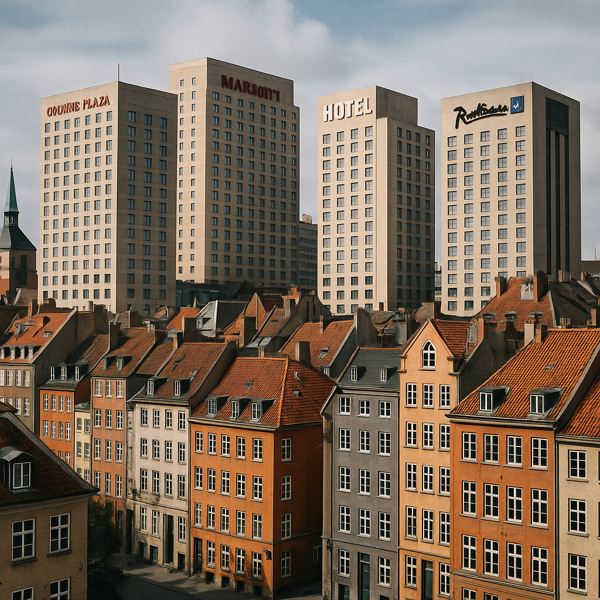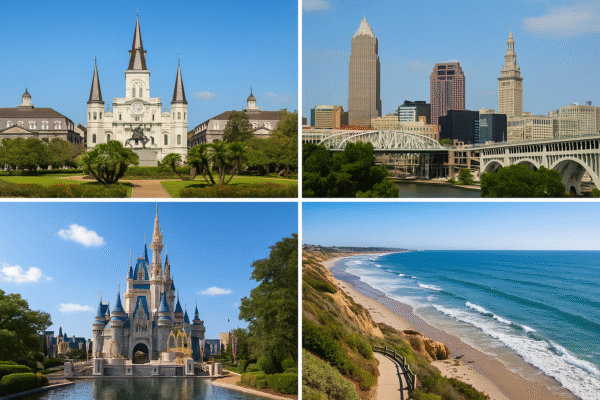As overtourism re-emerges across Europe in the post-pandemic travel boom, a new report from Airbnb has spotlighted the role hotels play in intensifying the problem. The report, Overtourism in the EU, warns that hotels now account for nearly 80% of guest nights across the European Union, a figure that continues to climb. As cities struggle to manage swelling visitor numbers, Airbnb is calling on municipal leaders to rethink hotel development strategies and adopt more sustainable tourism practices.
According to data drawn from Eurostat, the World Tourism Organization, and Airbnb’s own analytics, guest nights in the EU’s ten most visited cities surged by over 200 million between 2021 and 2023—a 2.5x increase. Significantly, hotels and similar accommodations contributed to more than 75% of that growth.
“Europe needs more homes, not more hotels,” stated Theo Yedinsky, Airbnb’s Vice President of Public Policy. “If city officials truly want to combat overtourism, they must look at the overwhelming impact of hotel concentration in city centers.”
The Urban Hotel Surge
The report paints a stark picture of urban transformation driven by the hotel industry. In some neighborhoods, hotels are displacing housing to such an extent that districts like Praha 1 in Prague and Santo Antonio in Lisbon now have approximately three hotel rooms for every five residents. In central Amsterdam, hotel accommodations outnumber Airbnb listings by a factor of 15, while Barcelona’s Old Town boasts seven hotel beds for every short-term rental bed.
Between 2021 and 2024, nearly 40,000 new hotel rooms opened across Europe, with another 250,000 currently in the pipeline. In Spain alone, over 800 hotel projects have received approval, adding an estimated 75,000 new rooms by 2026.
This expansion comes at a time when housing construction across the EU has plummeted to near-decade lows, deepening concerns about affordability and urban livability.
Airbnb’s Distributed Model Gains Ground
In contrast to centralized hotel zones, Airbnb promotes a decentralized approach to tourism. Data from the report shows that in 2024, nearly 60% of Airbnb guest nights in the EU were located outside of major cities. Moreover, guest stays in neighborhoods without hotels rose by 60% between 2022 and 2024.
Airbnb also notes that over 260,000 of its guests stayed in hotel-free neighborhoods within the ten most visited EU cities during 2024. According to surveys, nearly half of Airbnb users would not have visited these neighborhoods if not for Airbnb accommodations being available there.
“Airbnb guests help redistribute tourism,” Yedinsky added. “They support local businesses, spend more in the community, and help families afford their homes.”
Indeed, for every $1 spent on Airbnb stays in the EU, guests spend an additional $2.50 in surrounding communities. In 2024, Airbnb contributed $44.6 billion to GDP and supported over 627,000 jobs across France, Germany, Italy, and Spain.
Hotel Restrictions Raise Costs, Not Solutions
Some cities, including Amsterdam and Barcelona, have imposed restrictions on short-term rentals to control tourism. However, Airbnb’s report argues that these limitations have exacerbated overcrowding rather than resolved it.
Between 2018 and 2024, despite regulatory clampdowns on short-term rentals, guest nights in Amsterdam rose by 2.4 million, and by 4.8 million in Barcelona. During the 2021–2024 recovery phase, hotels were responsible for 93% of the guest night growth in Amsterdam and 76% in Barcelona.
The reduction in available short-term rentals has resulted in heightened demand for hotels. Hotel occupancy rates have soared, and with them, prices—up 50% in Amsterdam and 35% in Barcelona since 2019. This shift has made these cities increasingly unaffordable, both for travelers and local residents.
The Path Forward: Diversification, Not Centralization
Airbnb is urging city planners to broaden their tourism vision beyond hotel infrastructure. The platform believes that regulations should be balanced to ensure travelers have diverse accommodation options while preventing displacement of residents.
“Travelers want authentic experiences, and communities want to share in the economic benefits of tourism,” Yedinsky emphasized. “That’s only possible when tourism is spread out, not concentrated. Leaders must embrace policies that foster equitable tourism—not just hotel profits.”
With overtourism once again under the spotlight, Airbnb’s findings call for a critical reevaluation of Europe’s urban tourism model. By prioritizing housing over hotel development and embracing decentralized accommodations, EU cities may yet find a path toward a more balanced, sustainable future in travel.
Disclaimer:
This image is AI-generated and created for illustrative purposes only. It may not accurately represent the actual events, individuals, or locations described in the news article.



